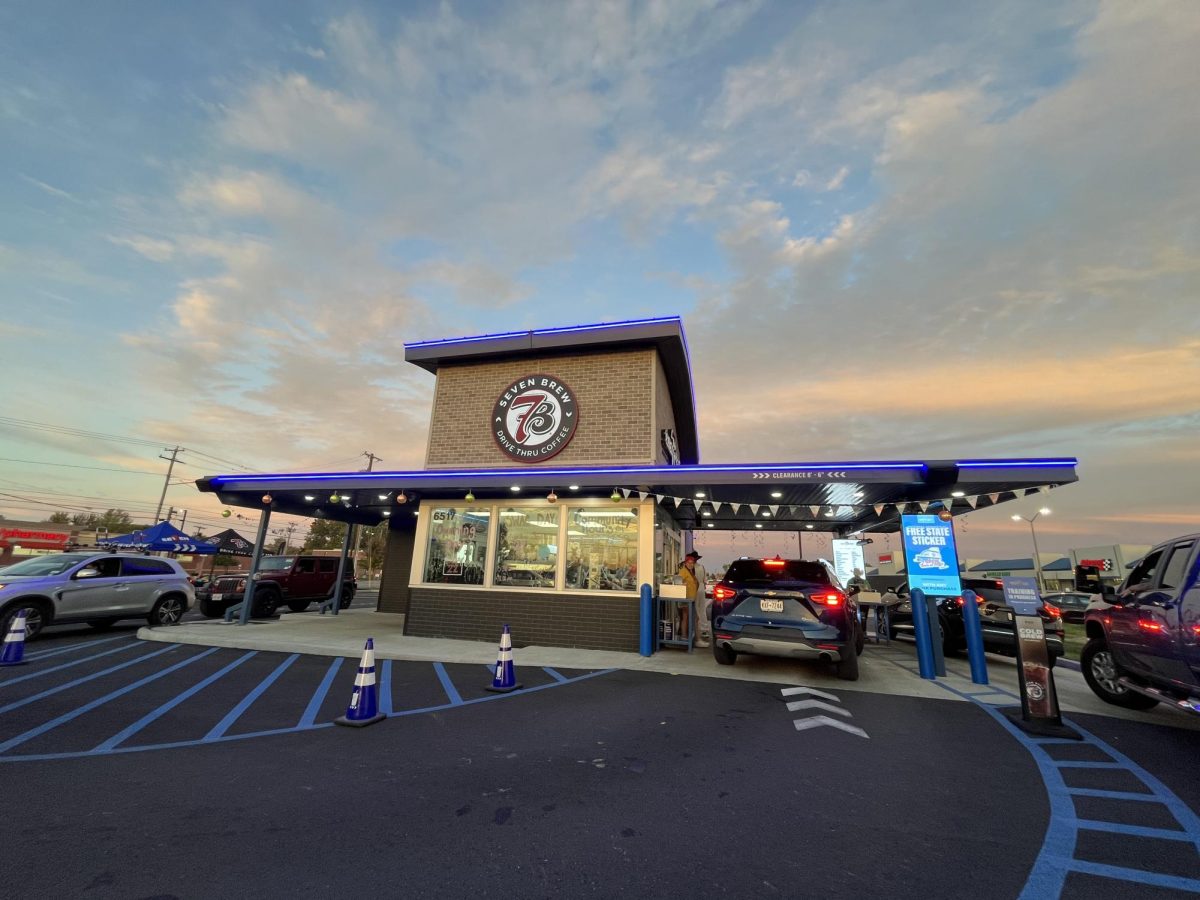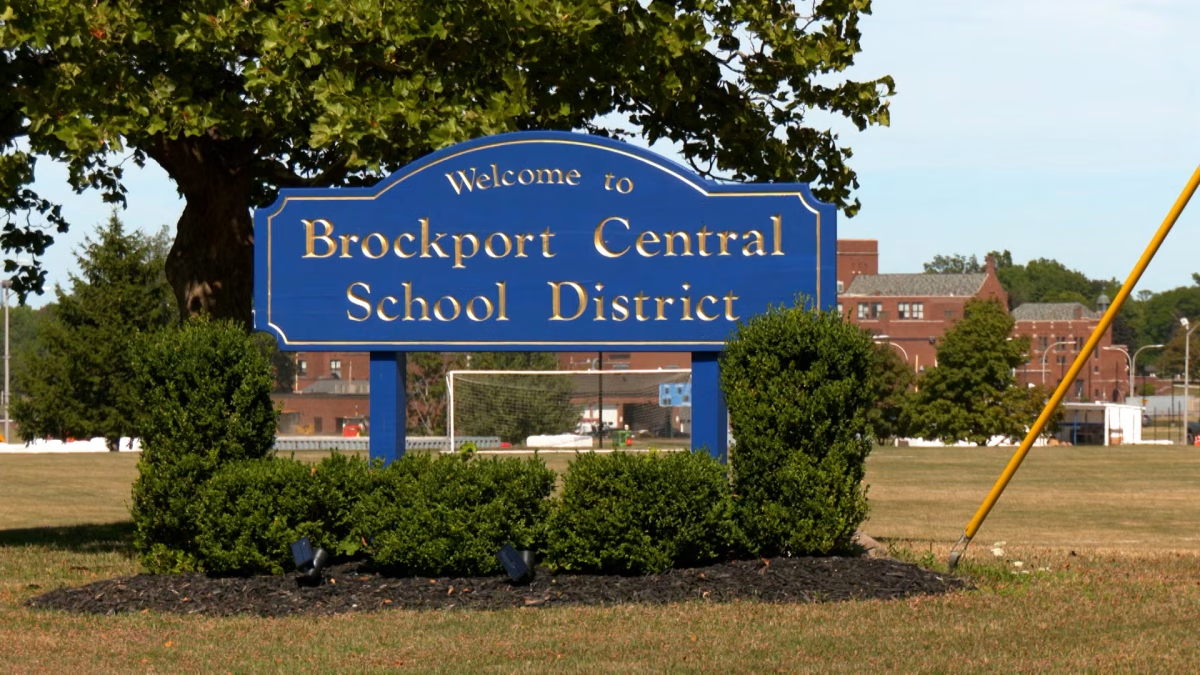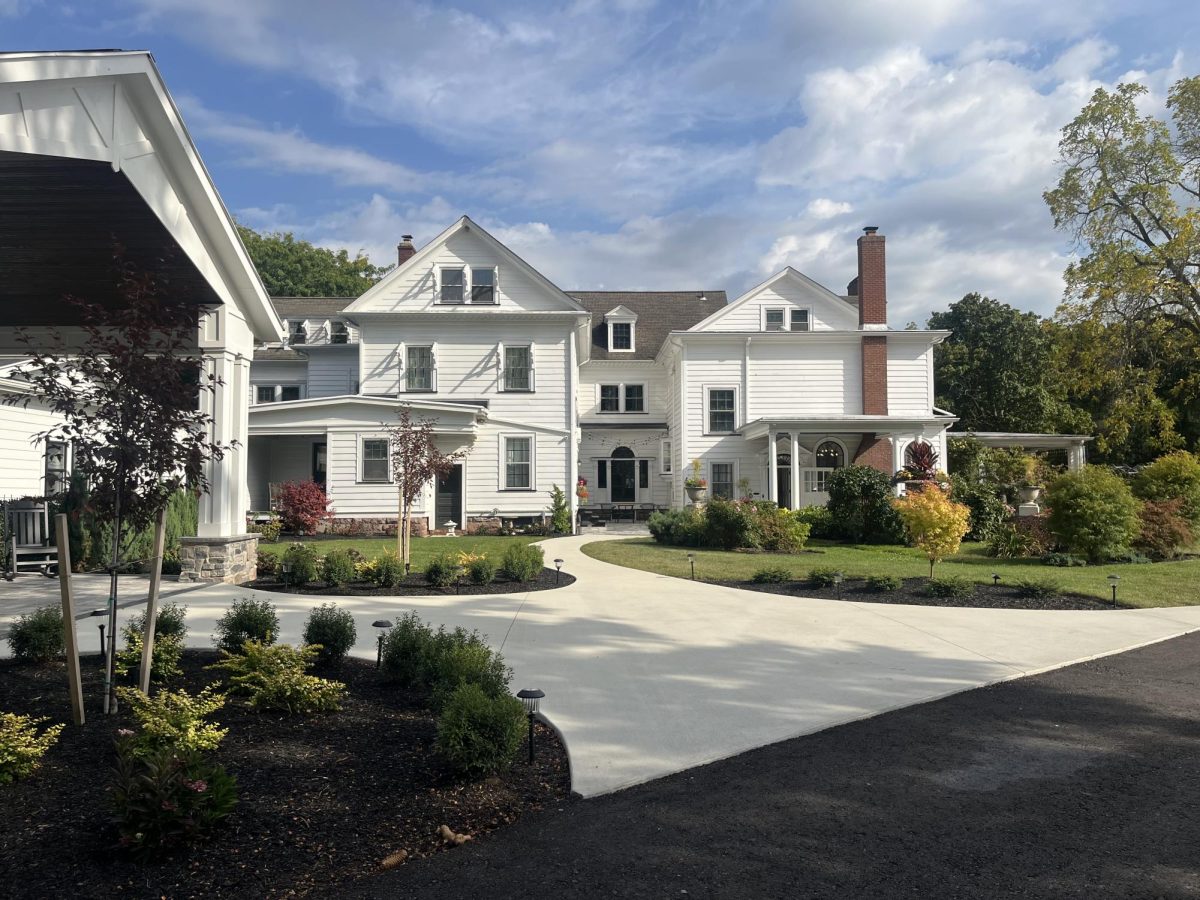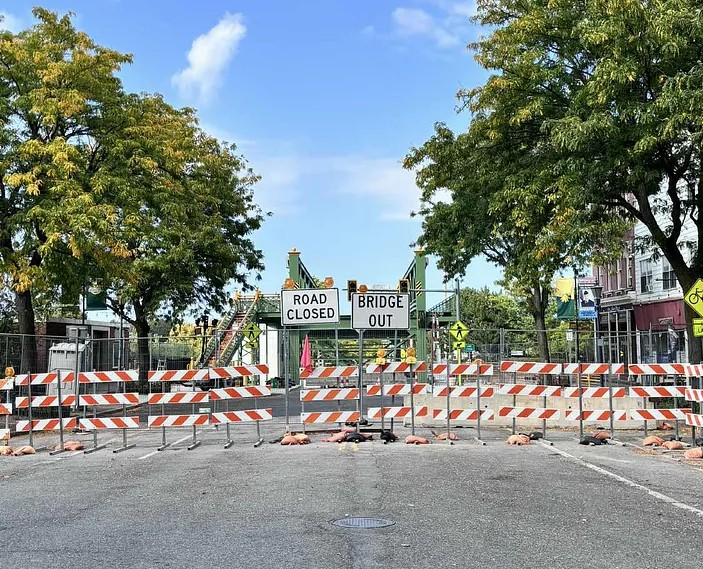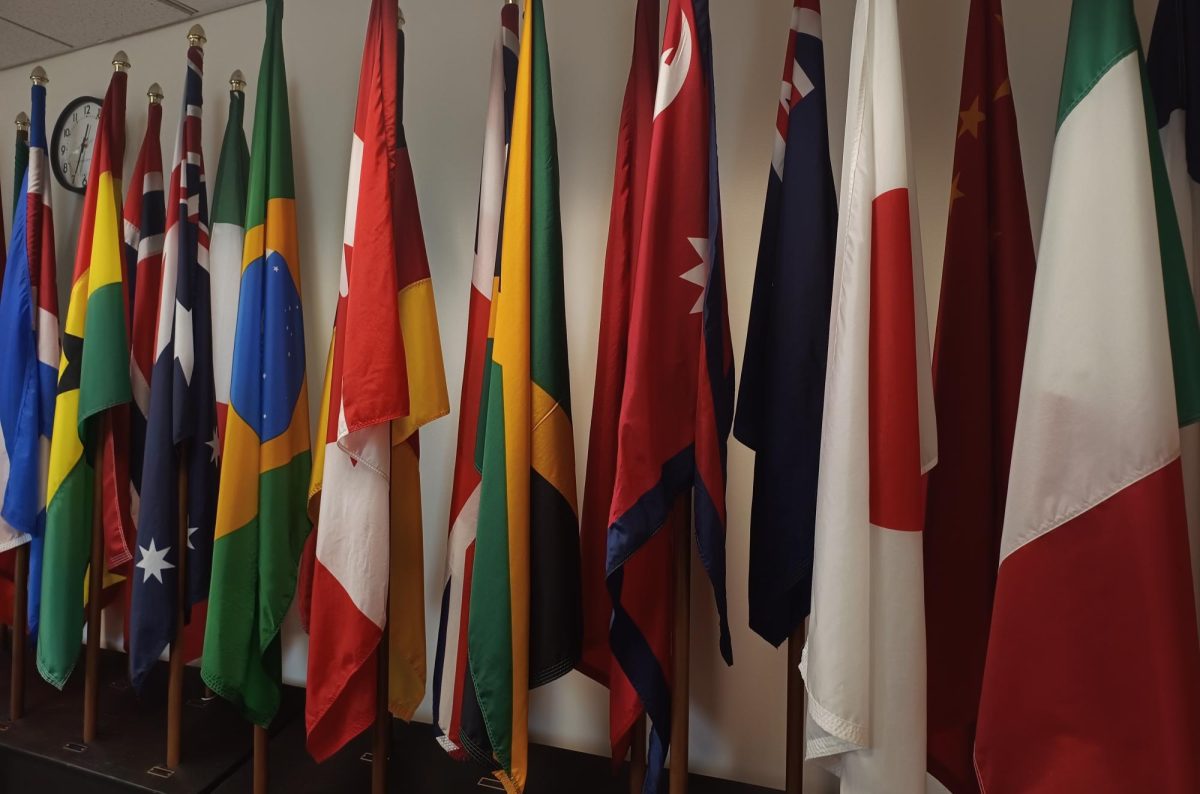By: Estefania Urdaneta
Many people around the world live in unlivable conditions. They live in places without clean water, adequate food and sufficient housing. And many people live in countries without freedom.
63-year-old Lidia Rosa Guzman knows well what living without freedom means. Guzman lived in Cuba for 55 years before she decided to seek a better life in the United States.
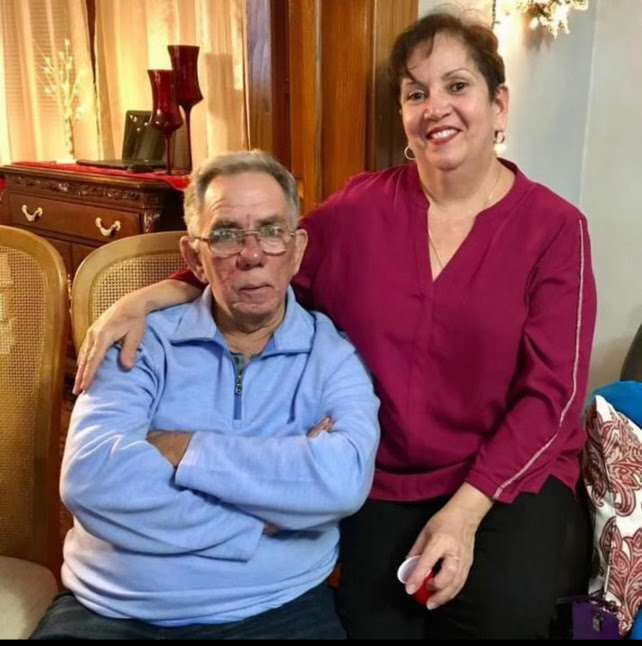
Guzman said life in Cuba became unbearable.
“Malisimo,” Guzman said. The translation for malisimo is very bad. “I lived under a communist system. A system with an unlivable tyranny and every day it would get worse,” Guzman said.
And it got worse. That’s when Guzman decided to move to the United States in 2016. Her journey to the U.S. was not easy, just like it wasn’t for the 56,400 Cubans that immigrated that same year.
“I flew from Cuba to Canada with my Spanish passport because I did not have a visa and it was difficult to get one. I never even tried to get one just because I knew how difficult it was to get a visa. I could not take the risk of wasting time and money on a visa that I might not even be granted,” Guzman said.
Like many communist countries, it is difficult for citizens to obtain a visa that will allow them entry into the United States, so Guzman adopted her Spanish nationality and used it to flee her home country.
“No matter what, I had to come here and reunite with my daughters. I had spent too much time away from them and my life in Cuba was going nowhere. I needed to escape,” Guzman said.
Her bravery was driven by the need to be with her family. Once she crossed the Canadian border, Guzman presented her Cuban passport to get to her final destination.
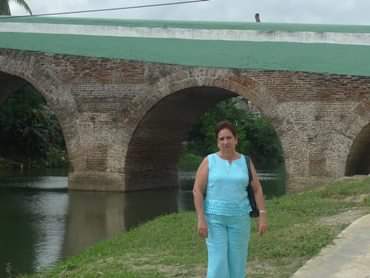
“I asked for political asylum under the Pies Secos, Pies Mojados program,” Guzman said.
While Guzman’s journey was motivated by being reunited with her family, she stayed in Cuba long after her daughters had left to take care of a loved one. And she later traveled along with the 20,000 Cubans that were given entry to the U.S with the Pies Secos, Pies Mojados program.
“My mom was still alive at the time, and I simply couldn’t leave her alone. It was a hard decision to make, but I simply could not leave my mom by herself in a country as terrible as Cuba,” Guzman said.
Her love for her daughters and the need to be reunited with them gave her the courage to move to a foreign country, leaving behind the life she knew.
Guzma’s husband, Miguel Garmendia, reunited with his wife two years after she had made the decision to move to the United States.
Unlike Guzman, Garmendia was able to fly from Cuba to New York and reunited with his family. His journey was not as complicated but still had the same result: a better life with his family.
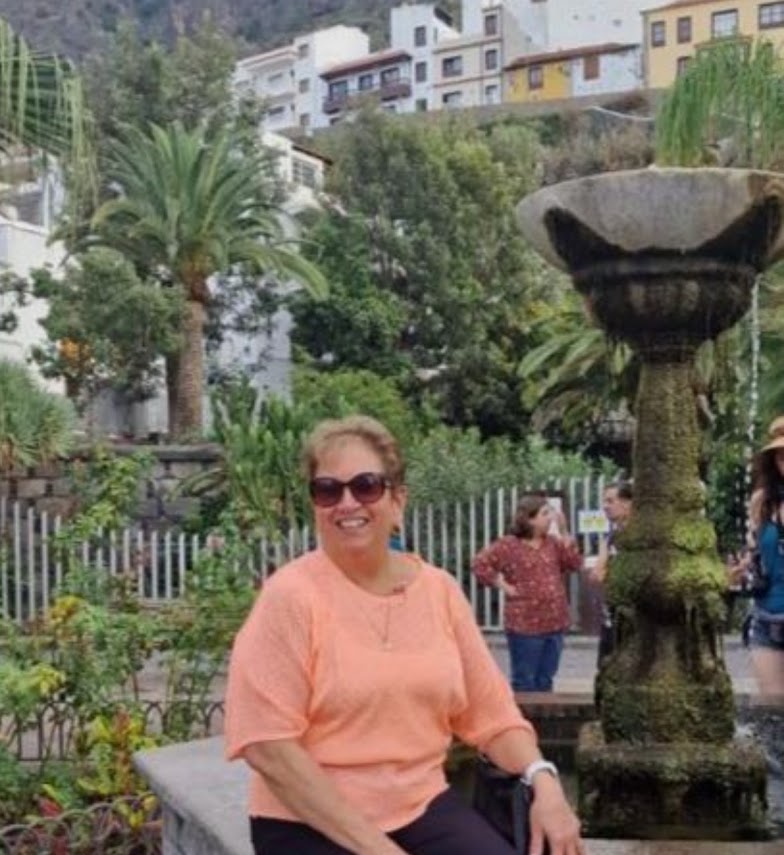
“No matter where we come from, or how we came into this country, we all want the same at the end of the day. We all want a better life,” Miguel Garmendia said.
Not all immigrants enter the United States the same way, but they all want a better future, an opportunity to leave the bad memories of the past.
Guzman’s daughter, Mariángel Garmendia, moved to the United States in 2013 alongside her sister.
“What my mom went through at her age was like a nightmare, but it had to be done,” Mariángel Garmendia said.
Once again reunited with her family, Guzman began to work for a cleaning company every day without any rest. The work was draining, and Guzman knew she needed a change.
After all those years of hard work, Guzman has stopped cleaning floors, and she is currently taking care of her grandchild and is happier than ever to be in the United States.
For people like Guzman who live in places without adequate housing, clean water or sufficient food, the United States is salvación-salvation.

